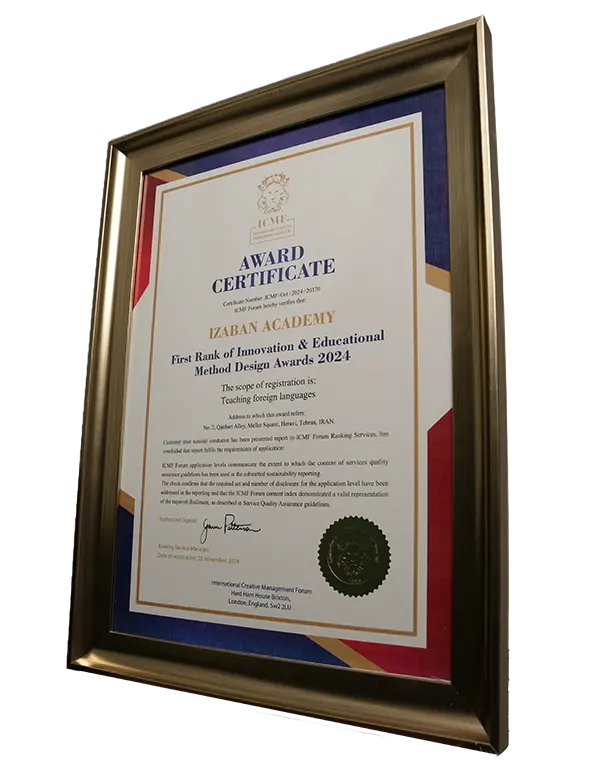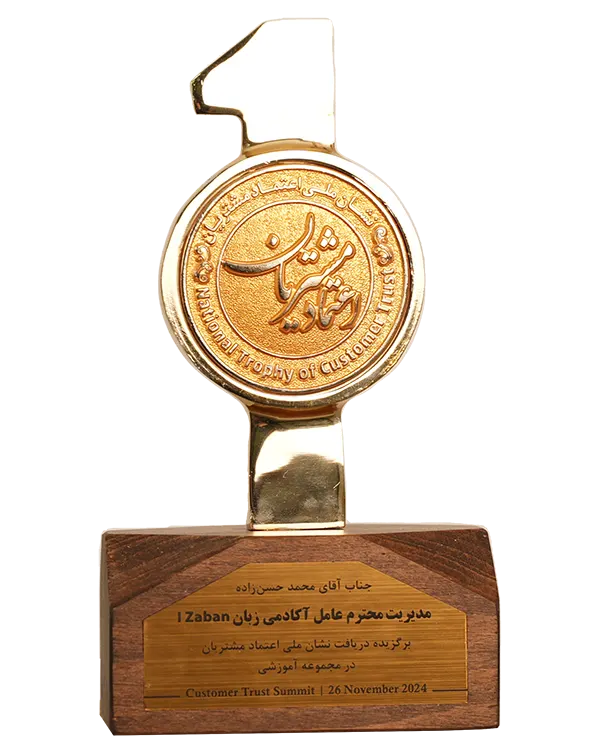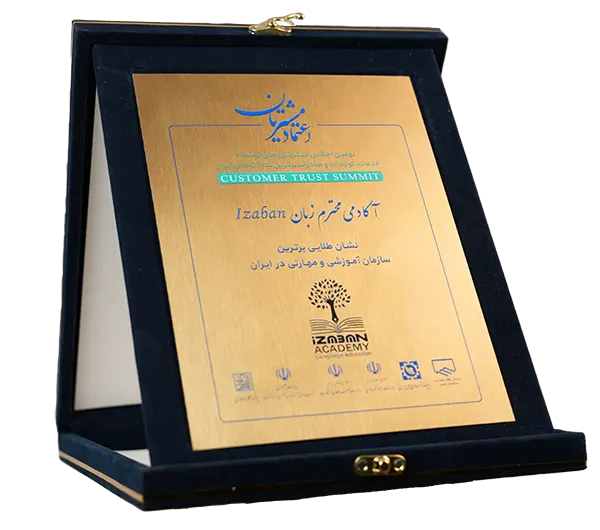Anton Chekhov, one of Russia’s most famous and influential writers, is known for his masterful short stories and plays that explore human nature, complex emotions, and societal issues. My Life, written in 1896, is a novella that delves deep into the themes of personal dissatisfaction, self-discovery, and the struggle for meaning in life. The story is told from the perspective of its protagonist, Mikhail Ivanovich, and explores his journey from idealism to disillusionment as he grapples with his place in society, love, and personal identity. Unlike Chekhov’s more well-known plays and short stories, My Life is a more introspective, philosophical work that reflects the internal struggles of an individual faced with the harsh realities of life.
The Protagonist: Mikhail Ivanovich
Mikhail Ivanovich, the central character of My Life, is a young man who starts the story with high hopes and aspirations. He is a well-educated, idealistic individual who initially believes in the power of change and the possibility of improving society. However, over the course of the novella, he becomes increasingly disillusioned with his surroundings, society, and even his own choices.
Mikhail comes from a relatively privileged background, but his life lacks the excitement or satisfaction he desires. He is caught in a life that feels meaningless and disconnected from the ideals he once believed in. He experiences a sense of alienation, which is a common theme in many of Chekhov’s works. His disillusionment reflects the inner conflict many individuals face when they confront the gap between their ideals and the harsh reality of life.
The Change in Mikhail’s Life
At the beginning of the novella, Mikhail is an optimistic young man who has left his comfortable city life to seek something more fulfilling. He moves to a small village, where he believes he will be able to make a difference in the lives of the people around him. However, once he is settled in the village, he begins to encounter the monotony and hardship of rural life.
His initial enthusiasm for social reform and progress is soon challenged by the reality of the people he meets in the village. Mikhail becomes disillusioned by the narrow-mindedness and apathy of those around him, and he begins to feel that his efforts to improve the world are futile. He is also confronted with the stark realities of the class system, poverty, and the lack of education among the villagers, all of which make it difficult for him to connect with the people he once sought to help.
Mikhail’s disillusionment intensifies as he experiences the limitations of his own ability to effect change. He realizes that despite his best intentions, he cannot make the kind of impact he had hoped for. This realization leads him to question his own identity and the choices he has made in life.
Love and Personal Struggle
Another important aspect of Mikhail’s journey in My Life is his experience with love. Mikhail falls in love with a woman named Tonya, who, like him, is part of the social elite. However, Tonya’s values and priorities are very different from Mikhail’s. She is more interested in wealth, status, and material comforts, which causes friction in their relationship. Mikhail’s idealism clashes with Tonya’s practicality, and their relationship deteriorates as Mikhail’s disillusionment deepens.
Mikhail’s personal struggle is compounded by his inability to reconcile his feelings of love and disappointment. He becomes increasingly aware that his emotional desires do not align with the world around him, and this sense of inner conflict intensifies his existential crisis. His experience with Tonya serves as a reflection of his larger struggles with society and his place within it. The relationship, like his quest for meaning in life, ultimately proves to be unfulfilling.
The Theme of Disillusionment
A central theme of My Life is disillusionment, both in the personal and social spheres. Mikhail’s experiences in the village, his relationship with Tonya, and his inability to fulfill his idealistic dreams reflect his growing disillusionment with the world. He realizes that the world is not as he had imagined it to be, and that his own aspirations are unrealistic. The novella explores how individuals cope with the harshness of reality and how they struggle to find meaning in a world that often feels indifferent to their desires.
Chekhov uses Mikhail’s character to reflect the broader social and political changes taking place in Russia during his time. The gap between the rich and the poor, the struggle for social justice, and the frustrations of the younger generation are all captured in Mikhail’s journey of self-discovery. The novella presents a harsh but realistic view of life, in which idealism and dreams often collide with the complex and unforgiving nature of the world.
The Personal Transformation of Mikhail
As Mikhail’s journey unfolds, he experiences significant personal growth. Although he starts out the story as a man full of idealism and hope, by the end of the novella, he has become more introspective and resigned. He no longer seeks to change the world or to achieve greatness. Instead, he comes to terms with the fact that life is full of imperfections and that true fulfillment may lie in accepting one’s limitations.
This transformation is not one of complete despair or resignation, but rather one of acceptance. Mikhail begins to understand that change may not always be possible, but personal growth and self-awareness are still valuable pursuits. His journey is an internal one, as he learns to let go of unrealistic expectations and embrace the complexities of life. In the end, he does not achieve the great social reforms he once dreamed of, but he gains a deeper understanding of himself and his place in the world.
Chekhov’s Writing Style and Approach
Chekhov’s writing style in My Life is characterized by its simplicity, emotional depth, and philosophical reflection. The novella is introspective and focuses heavily on Mikhail’s internal struggles. Chekhov’s use of dialogue and narrative is restrained, allowing the emotional depth of the characters to emerge naturally. Rather than focusing on plot or external events, Chekhov delves into the psychological landscape of his protagonist, revealing his feelings of isolation, frustration, and despair.
The novella’s understated tone and lack of melodrama make it a deeply human and relatable story. Chekhov does not provide easy solutions to the problems Mikhail faces, but instead, he presents a realistic portrayal of life’s complexities and contradictions. This approach encourages readers to reflect on their own lives and the challenges they may face in the pursuit of meaning and fulfillment.
The Conclusion: Acceptance of Life’s Imperfections
In conclusion, My Life is a poignant exploration of personal disillusionment, the search for meaning, and the acceptance of life’s imperfections. Through the character of Mikhail Ivanovich, Chekhov examines the struggles of the idealistic young man who must come to terms with the harsh realities of the world. Mikhail’s journey reflects the broader themes of self-discovery, emotional growth, and the limitations of human agency. While the novella may seem bleak in its portrayal of life’s struggles, it ultimately offers a message of acceptance and personal transformation. By the end of the story, Mikhail learns that while he may not be able to change the world, he can still change himself and find peace within his own heart.


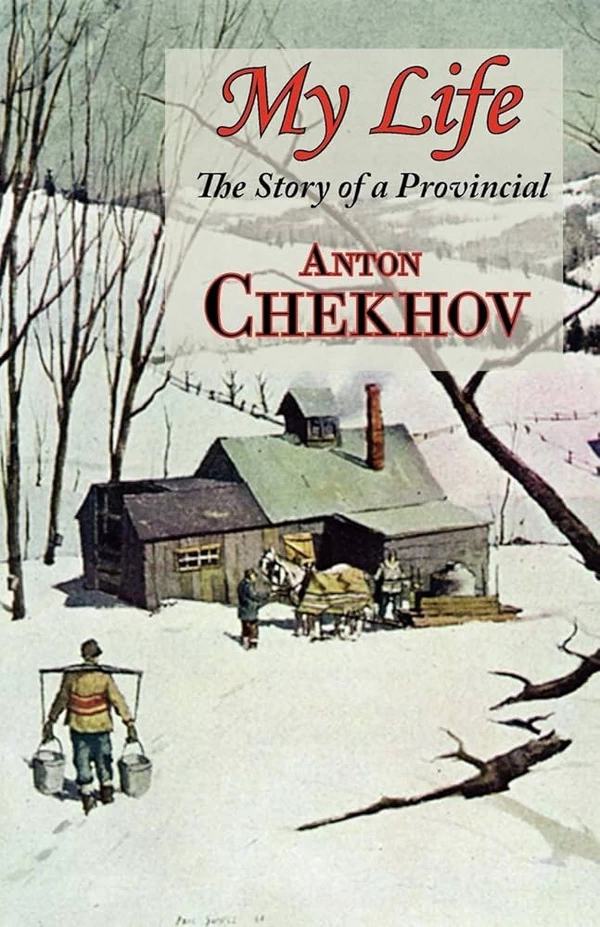





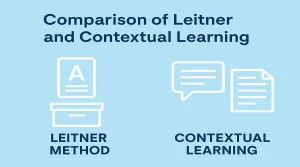
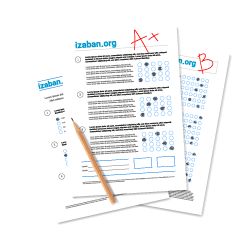
 نکات طلایی یادگیری زبان،
نکات طلایی یادگیری زبان، 
